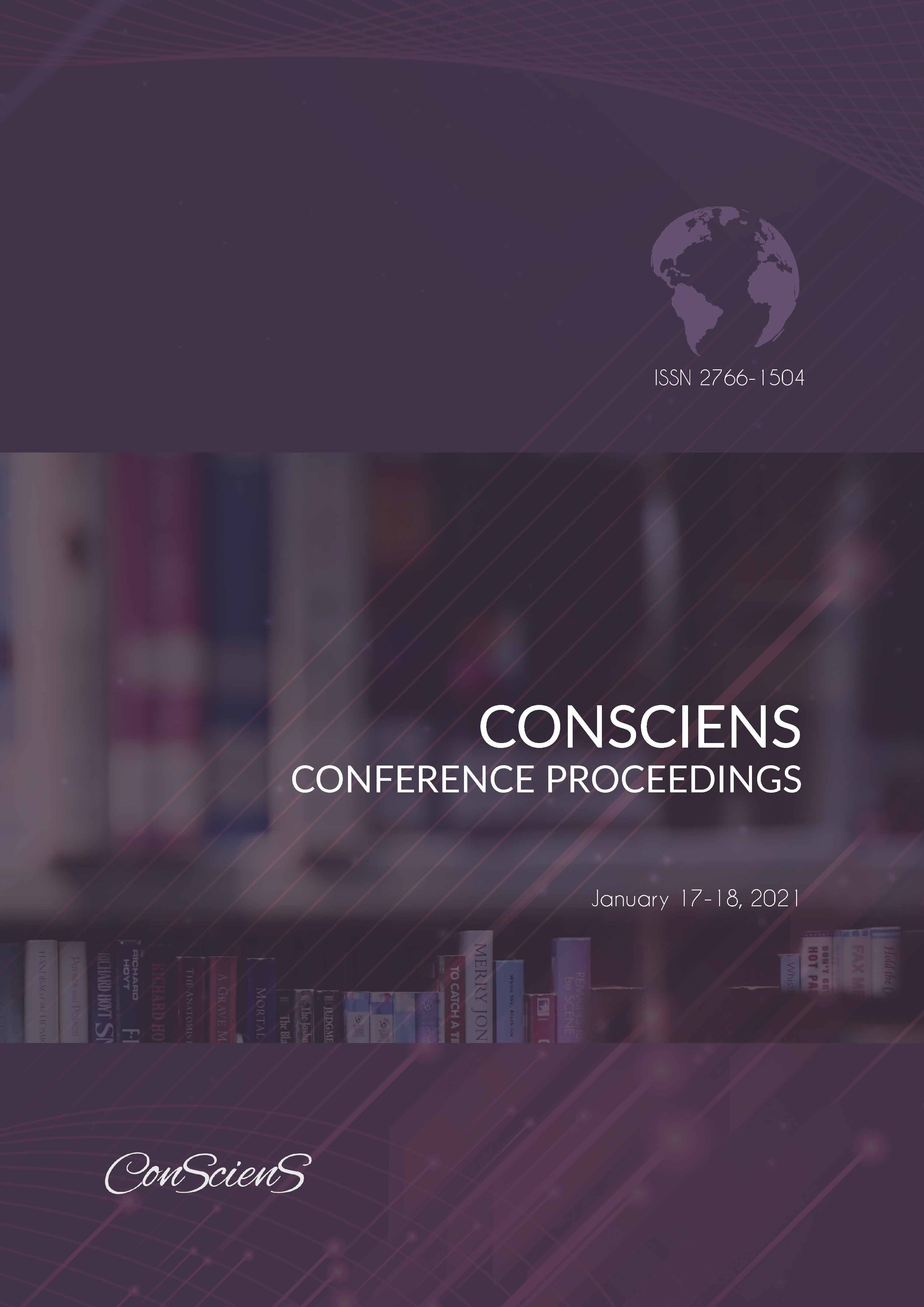Saudi EFL Learners Choice of Language in their Emails to Instructors
Saudi EFL Learners Choice of Language in their Emails to Instructors
Author(s): Tahani Alabdali
Subject(s): School education, Distance learning / e-learning
Published by: Scientia Moralitas Research Institute
Keywords: pragmatic performance; speech acts production; EFL
Summary/Abstract: This paper investigates the linguistic preferences of Saudi female university students in relation to their choice of language (L1 or L2) in the emails they send to their instructors. The sample included a total of 47 emails that were sent by the students of the College of Languages and Translation IMSIU to their instructors. Students in CLT are required to use the English language in the emails they send to their instructors, and the use of the Arabic language is not acceptable. However, the analysis shows that they used Arabic in 19 emails (almost 41%). Our assumption is that students tend to use Arabic when they are planning to communicate particular speech acts. The analysis revealed that the speech acts that were communicated most frequently in these emails were: greeting, complimenting, apologizing, requesting (information), requesting (favour), and complaining. The results show that greeting and apologizing are the most frequently used speech acts in both languages. The least performed speech act in both languages was that of complaining. However, the most frequently used two speech acts had a higher percentage in the Arabic (L1) sample, with 89.5% of the total number of Arabic emails including these two types. To understand the students' perspective, a self-reflection questionnaire was distributed and collected, in which students were asked to pick their preferred language of email communication in relation to each of the six speech acts. The results of the questionnaire revealed that Arabic was the majority's choice in performing the speech acts of complaining and apologizing. This study and similar ones can shed the light on areas of weakness in EFL students' pragmatic performance, hence giving more attention to ways of improving them.
Book: ConScienS Conference Proceedings
- Page Range: 50-56
- Page Count: 6
- Publication Year: 2021
- Language: English
- Content File-PDF

